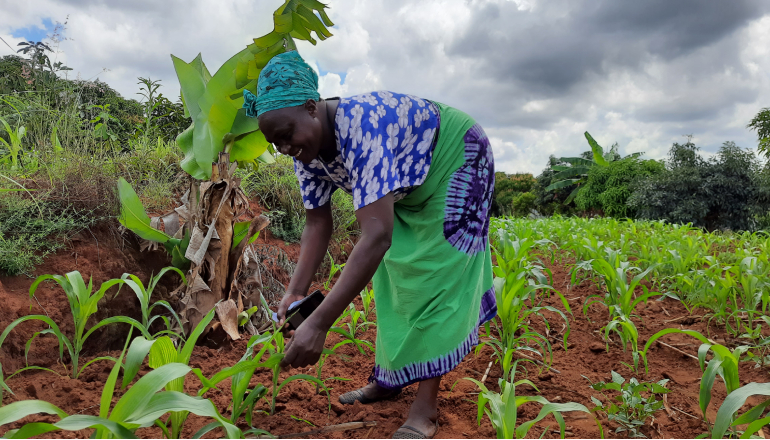The UK Emissions Trading Scheme (ETS) Authority is undergoing two consultations to expand its scope to include fossil CO2 emissions from waste and waste incineration from 2028.
The UK ETS is a cap-and-trade system that regulates greenhouse gas emissions, establishing a carbon market with a carbon price signal to encourage decarbonization.
The consultations will include a 2-year phasing-in period for the sector, allowing the industry to adopt decarbonization technologies.
They will also explore the integration of UK-based greenhouse gas removal technologies, such as direct air carbon capture, and the integration of carbon stored by new UK woodlands.
According to reports, ETS uses a ‘cap and trade’ principle, setting a cap on greenhouse gas emissions by sectors covered by the scheme.
This limit helps meet the Net Zero 2050 target and other carbon reduction commitments. Participants receive free or traded emission allowances, and each year, they must surrender allowances to cover their emissions.
The difference between the EU CBAM and the UK ETS:
The EU CBAM operates similarly to the EU ETS, requiring importers to surrender EU CBAM certificates. However, the UK CBAM operates as a levy similar to other import taxes. The UK government will set the quarterly UK CBAM rate, based on previous ETS prices, and levy on a sector-by-sector basis, unlike the EU CBAM model which uses a floating market price.
Joint statement:
In a joint statement, UK Emissions Trading Scheme Authority ministers Lord Callanan, Huw Irranca-Davies MS, Màiri McAllan MSP, Andrew Muir MLA, Anthony Browne MP and Gareth Davies MP said, “The consultation covering waste emissions wVBAill help bring certainty to drive investment in decarbonization, as well as helping businesses make the necessary preparations for the expansion of the scheme. For greenhouse gas removals, this is an important step towards building a thriving market for carbon removals in the UK.”
The India impact:
Total UK imports from India amounted to £23.2 billion in the four quarters to the end of Q4 2023 (an increase of 11.2% or £2.3 billion in current prices, compared to the four quarters to the end of Q4 2022). India was the UK’s 12th largest trading partner in the four quarters to the end of Q4 2023 accounting for 2.2% of total UK trade.
The top 5 goods imported by the UK from India in the four quarters to the end of Q4 2023 were:
• 33R – Refined oil (£1.5 billion or 15.5% of all UK goods imported from India)
• 84 – Clothing (£808.5 million or 8.4%)
• 54 – Medicinal & pharmaceutical products (£585.7 million or 6.1%)
• 71MI – Mechanical power generators (intermediate) (£539.8 million or 5.6%)
• 65 – Textile fabrics (£378.5 million or 3.9%)
Backdrop:
The UK ETS is a key part of the UK’s approach to addressing climate change, requiring operators to obtain allowances for every unit of carbon they emit.
It is made up of the UK Government, the Scottish Government, the Welsh Government, and the Department of Agriculture, Environment and Rural Affairs for Northern Ireland.










